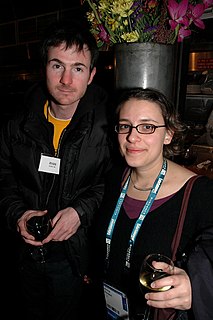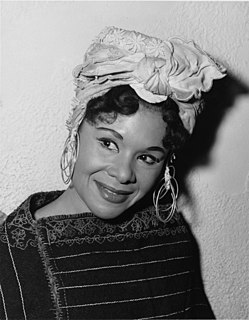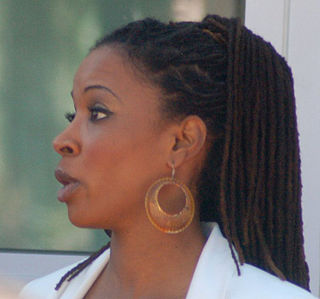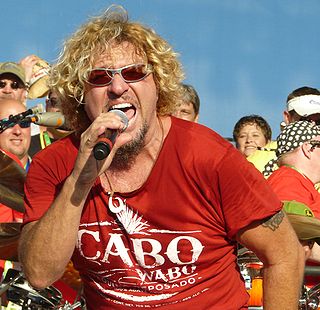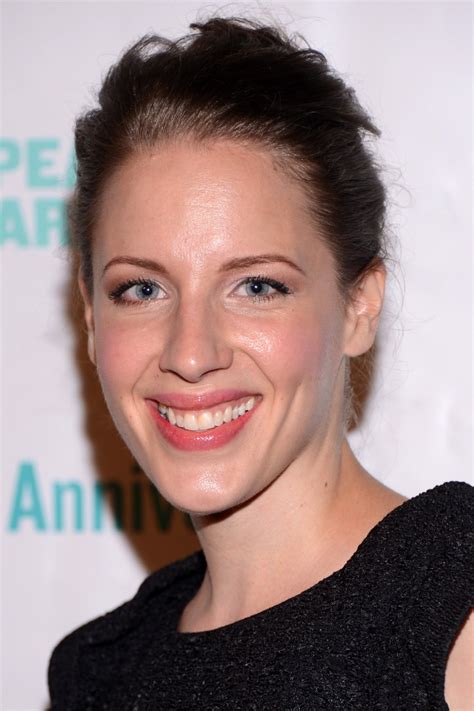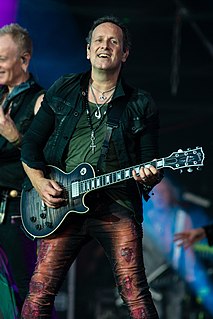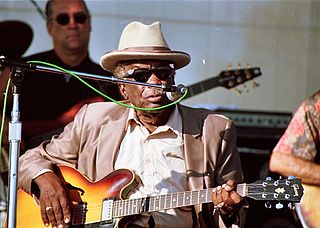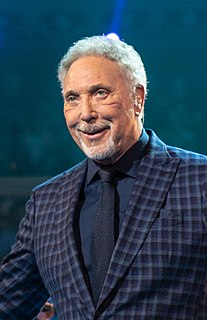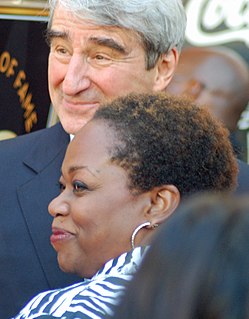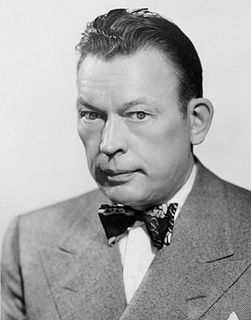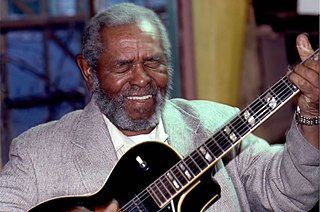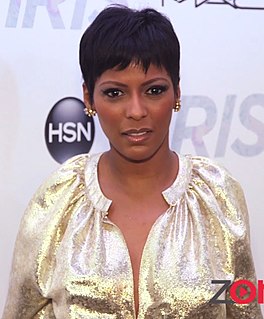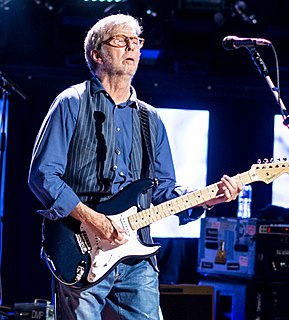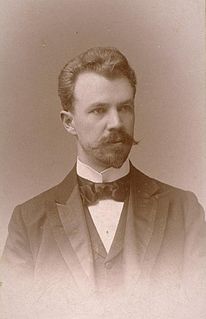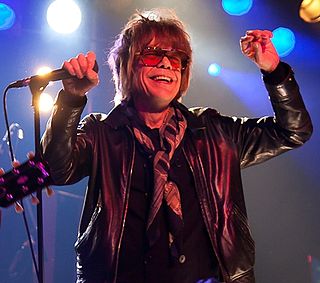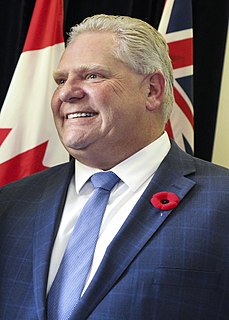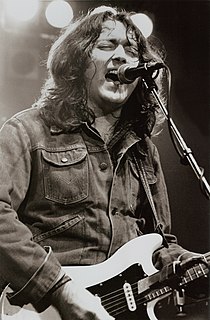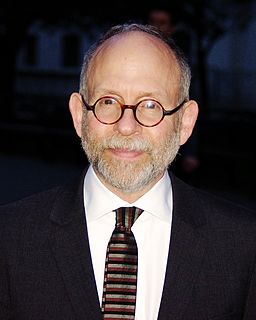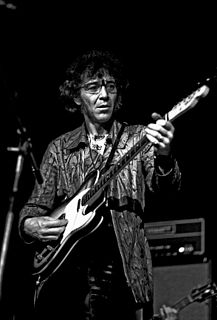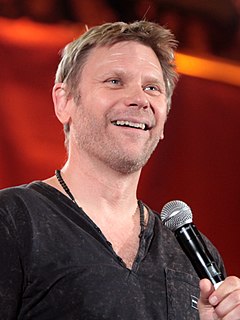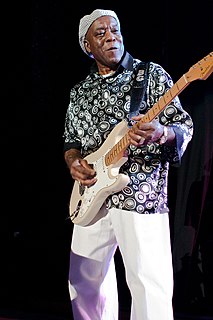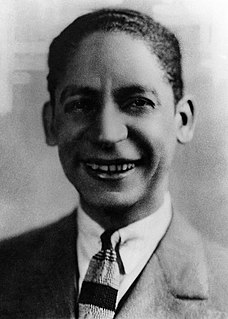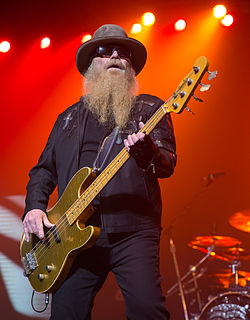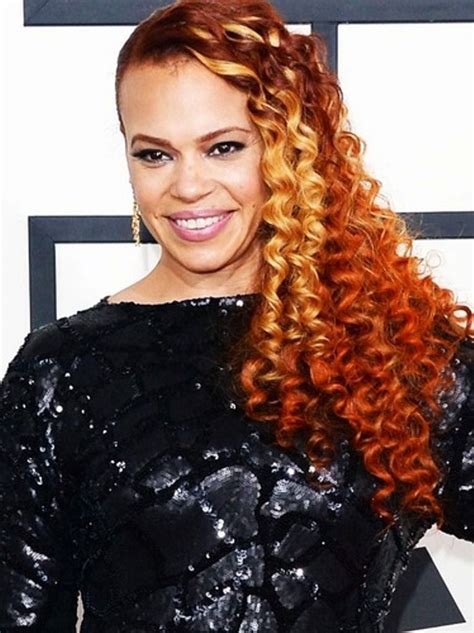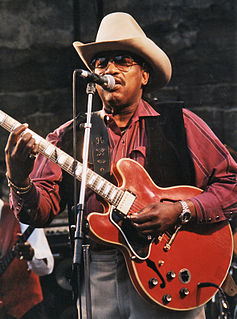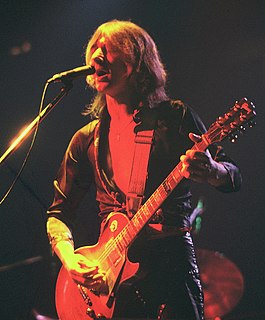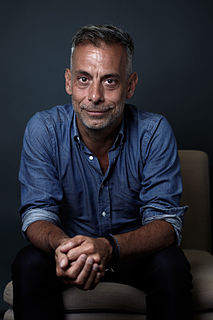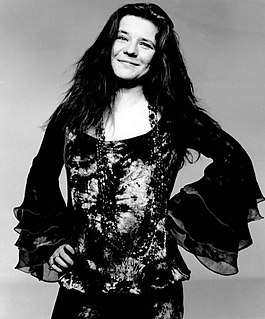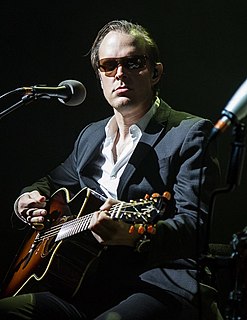Top 1200 Chicago Blues Quotes & Sayings - Page 5
Explore popular Chicago Blues quotes.
Last updated on October 19, 2024.
There is always going to something very grounded about the characters I play, because of my Chicago roots, because the city is so grounded. Even my wife pointed it out when we were in the city, she said that even the architecture is grounded in Chicago, it's so solid. Because it has to deal with winters. There is something about Chicago that keeps people centered and grounded.
The blues is an impulse to keep the painful details and episodes of a brutal experience alive in one's aching consciousness, to finger its jagged grain, and to transcend it, not by the consolation of philosophy but by squeezing from it a near-tragic, near-comic lyricism. As a form, the blues is an autobiographical chronicle of personal catastrophe expressed lyrically.
The blues are important primarily because they contain the cultural expression and the cultural response to blacks in America and to the situation that they find themselves in. And contained in the blues is a philosophical system at work. And as part of the oral tradition, this is a way of passing along information.
